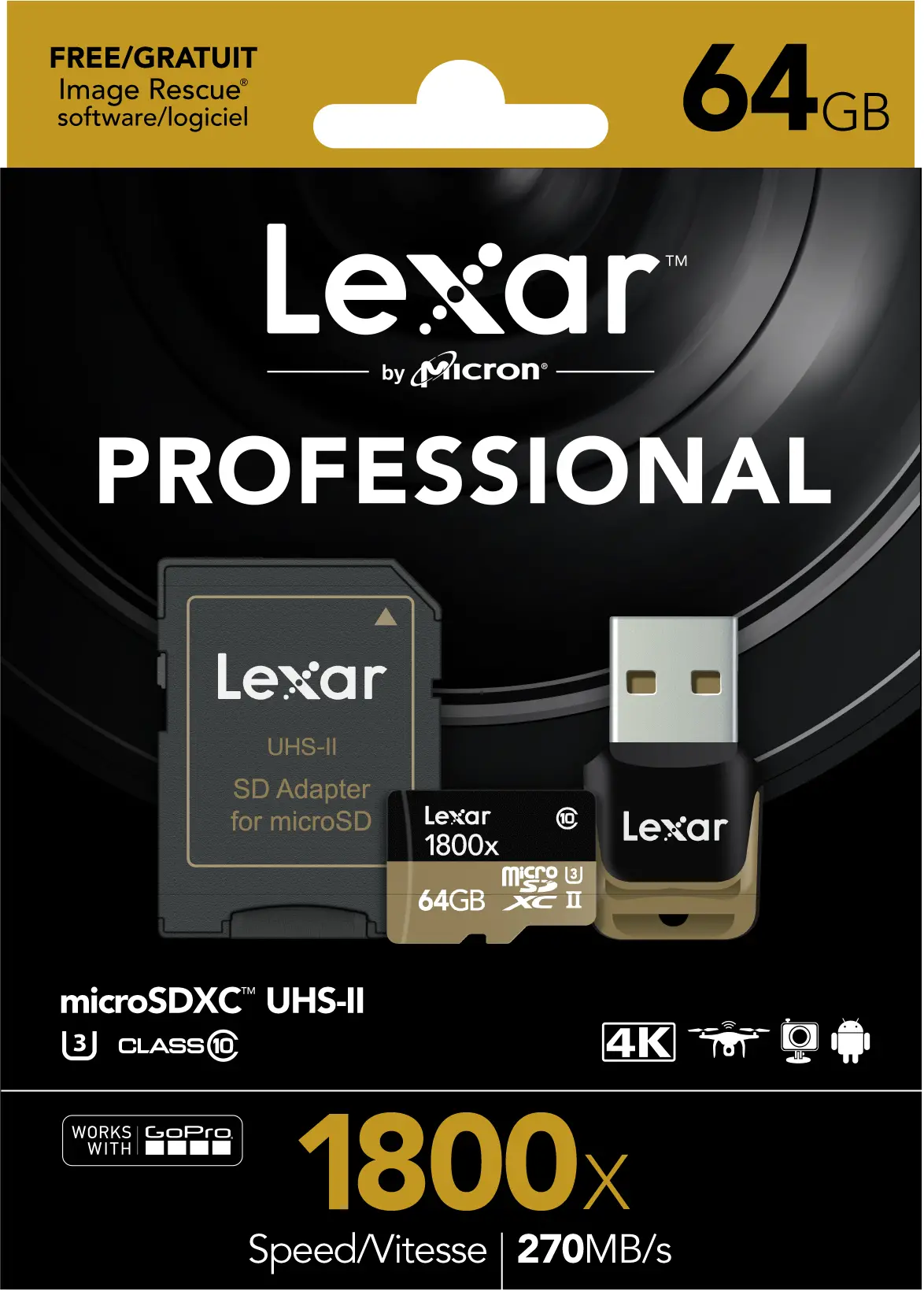Lamenting the sale of lexar
Around this time last year we touched on an event that we weren’t completely sure what the ramifications of would be. That event would be the sale of Lexar from micron to an undisclosed buyer who ends up being Longsys. Longsys is a Chinese mass storage vendor who generally has focused on low cost media, not exactly the same segment Lexar has been known for to date.
Who exactly is Lexar
Lexar is a very old brand in the arena of flash memory with a history stretching back to it’s creation as a division of Cirrius Logic with a focus on early flash controllers. Lexar became an independent entity in the mid 90’s while continuing to innovate in the removable storage business as well as producing media for third parties such as Kodak. In 2006 Lexar was acquired by Micron giving Lexar direct access to the newly founded IMFT which gave lexar(as well as other micron companies such as crucial) direct access to the entire manufacturing process from wafer to final product. Lexar was also one of the few manufactures to offer end to end solutions for their products. Their workflow line which we’ve covered in some detail allowed a single vendor to offer both high quality recording media alongside readers and archival options.
What is the direct impact on Lexar
 Without foundry level access as Lexar had before this leaves the company in a much less competitive position than they held in recent years. Without direct access Lexar will have to purchase memory on the open market as opposed to at cost from its parent company. Beyond the financial impact of this is also a technological one, without input at that level they will have less room to differentiate future products from the competition. We’ve also seen a shift in focus for Lexar products towards commodity storage away from high performance solutions. A key example of this would be the removal of XQD(one of the newer high performance media types) from their web listings and a lack of its general availability. This puts the new Lexar at a significant disadvantage. Their current owner is a lower tier manufacturer than we’re used to dealing with or examining products from. Longsys devices aren’t generally available in the United States for mass-market or held to the same standards that would be applied to say a Kingston device.
Without foundry level access as Lexar had before this leaves the company in a much less competitive position than they held in recent years. Without direct access Lexar will have to purchase memory on the open market as opposed to at cost from its parent company. Beyond the financial impact of this is also a technological one, without input at that level they will have less room to differentiate future products from the competition. We’ve also seen a shift in focus for Lexar products towards commodity storage away from high performance solutions. A key example of this would be the removal of XQD(one of the newer high performance media types) from their web listings and a lack of its general availability. This puts the new Lexar at a significant disadvantage. Their current owner is a lower tier manufacturer than we’re used to dealing with or examining products from. Longsys devices aren’t generally available in the United States for mass-market or held to the same standards that would be applied to say a Kingston device.
Who else is left
There are quite a few vendors who produce memory cards while not producing their own flash. However few of these are typically recommended for professional video and photo applications. Among cards we’ve looked at directly only FreeTail and Sandisk currently targets that market and neither of them offer the full range of products Lexar did. Other brands that compete in this space include Transcend and Super Talent, once again neither of these fills the same role as lexar without products like the workflow readers or the variety of high reliability media. The benefit combined offering of readers and memory from the same vendor might not seem obvious right away. Many of us have SD card slots in our laptops that just “work”. However in certain fields, especially with more exotic memory types the last thing you want to be doing is just assuming a reader from a random vendor you’ve never heard of will work.
Who is going to step up
This is where unlike most of my reviews I simply do not have a full answer. We’ve seen a willingness from FreeTail to offer high performance media although they lack any from of readers to offer alongside them. The products of theirs we have looked at went toe to toe with the other vendors out of the gate and are often capable of outperforming their designed specifications. Sandisk although a logical choice to fill this role would have likely done so long ago and although offering a few products here and there never offered a cohesive system. We recently begun talking with ProGrade Digital, a new manufacturer that’s just come to market this year. With ProGrade Digital being founded by ex Lexar and Sandisk personnel is certainly aware of what’s required to fill such a role in the market including informing us that they 100% test every produced card they offer regardless of type(anyone who’s received a card that’s DOA will appreciate this greatly). Outside of that I honestly don’t know, who do you think will fill this void?


